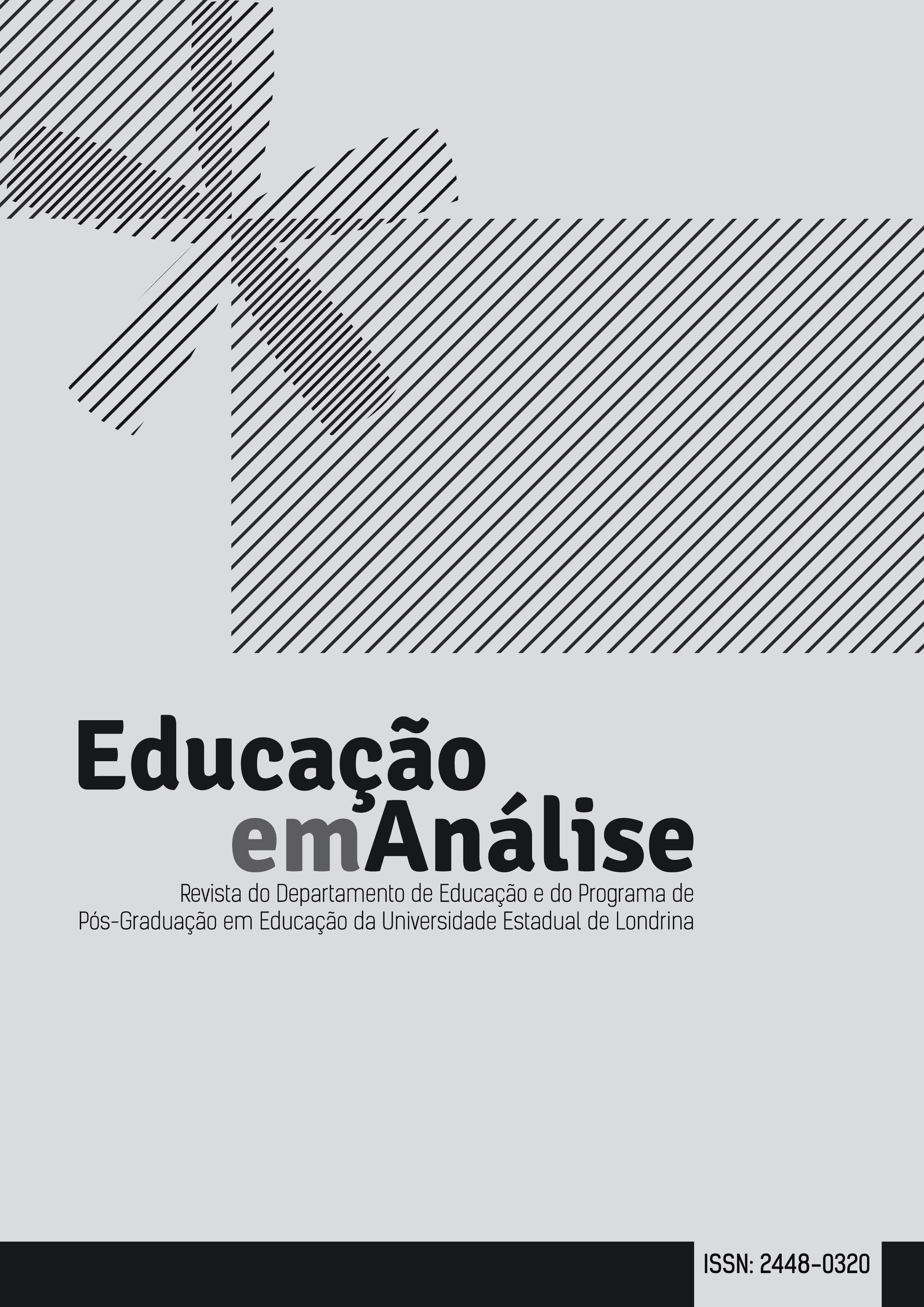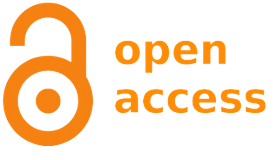Ava Poraquê
an alternative to the platformization of education
DOI:
https://doi.org/10.5433/1984-7939.2024v9n3p635Keywords:
Education platformization, free software, Amazon, AVA poraquêAbstract
Discussing the phenomenon of the platformization of education in Brazil, evidenced in the years 2020 and 2021, due to the important changes and challenges in the area of education around the world due to the COVID-19 pandemic, is the background to this article to explain the option of a public school in the Para Amazon to host a virtual learning environment in free software as an important exercise in counter-hegemony to proprietary software. To this end, we highlight the debate around Surveillance Capitalism (Zuboff, 2021), Data Colonialism (Silveira; Souza; Cassino, 2021) and Free Software (Silveira, 2004) to support the construction of an alternative model to private platforms that dialogues with the Amazonian reality. This is a qualitative, exploratory and theoretical-reflective study, developed with the aim of providing clues for broader future research on the subject in question. Finally, we present as a result some of the challenges and limits to the use of these alternative resources encountered during the course of the research.
Downloads
References
ABÍLIO, Ludmila Costhek; AMORIM, Henrique; GROHMANN, Rafael. Uberização e plataformização do trabalho no Brasil: conceitos, processos e formas. Sociologias, Porto Alegre, ano 23, n. 57, p. 26-56, maio/ago. 2021. DOI: https://doi.org/10.1590/15174522-116484. DOI: https://doi.org/10.1590/15174522-116484
BONILLA, Maria Helena Silveira. Software livre e educação: uma relação em construção. Perspectiva, Florianópolis, v. 32, n. 1, p. 205-234, 2014. DOI: https://doi.org/10.5007/2175-795X.2014v32n1p205. DOI: https://doi.org/10.5007/2175-795X.2014v32n1p205
BRASIL. Lei nº 9.394, de 20 de dezembro de 1996. Brasília, DF: Presidência da República, 1996.
EVANGELISTA, Rafael Almeida; LAUSCHNER, Tanara; MARTINHÃO, Maximiliano; FAULHABER, Henrique (coord.). Educação em um cenário de plataformização e de economia dos dados: problemas e conceitos. São Paulo: Comitê Gestor da Internet no Brasil: Núcleo de Informação e Coordenação do Ponto BR, 2022. Disponível em: https://cgi.br/media/docs/publicacoes/1/20220929112852/educacao_em_um_cenario_de_plataformiza%C3%A7ao_e_de_economia_de_dados_problemas_e_conceitos.pdf. Acesso em: 25 abr. 2023.
GONSALES, Priscila; AMIEL, Tel. Inteligência artificial, educação e infância: educação na contemporaneidade: entre dados e direitos. Panorama Setorial da Internet, São Paulo, ano 12, n. 2, out. 2020. Disponível em: https://cetic.br/media/docs/publicacoes/6/20201110120042/ panorama_setorial_ano-xii_n_3_inteligencia_artificial_educacao_infancia.pdf. Acesso em: 16 ago. 2022.
OBSERVATÓRIO EDUCAÇÃO VIGIADA. Sobre. [Belém: UFBA, 2023]. Disponível em: https://educacaovigiada.org.br/pt/sobre.html. Acesso em: 5 abr. 2023.
SILVEIRA, Sérgio Amadeu da. Brasil, colônia digital. A terra é redonda, [s. l.], 25 jun. 2020. Disponível em: https://aterraeredonda.com.br/brasil-colonia-digital/. Acesso em: 23 fev. 2024.
SILVEIRA, Sérgio Amadeu da. Software livre: a luta pela liberdade do conhecimento. São Paulo: Fundação Perseu Abramo, 2004.
SILVEIRA, Sérgio Amadeu da; SOUZA, Joyce de; CASSINO, João Francisco (org.). Colonialismo de dados: como opera a trincheira algorítmica na guerra neoliberal. São Paulo: Autonomia Literária, 2021.
SISTEMA OPERACIONAL GNU. O que é GNU?. free Software Foundation, Boston, [2017]. Disponível em: https://www.gnu.org/gnu/gnu.html. Acesso em: 25 abr. 2023.
ZUBOFF, Shoshana. A era do capitalismo de vigilância. Tradução de George Schlesinger. Rio de Janeiro: Editora Intrínseca, 2021.
Downloads
Published
How to Cite
Issue
Section
License
Copyright (c) 2024 Daniele Monteles, Leonardo Zenha

This work is licensed under a Creative Commons Attribution-NonCommercial 4.0 International License.
The journal reserves the right to make normative, orthographic and grammatical changes in the originals, with the aim of maintaining the cultured standard of the language and the credibility of the vehicle. It will, however, respect the authors' writing style. Alterations, corrections, or suggestions of a conceptual nature will be sent to the authors when necessary. In these cases, the articles, after being adequate, should be submitted to a new appreciation.









